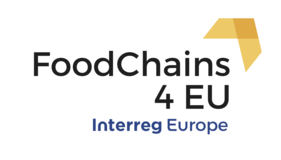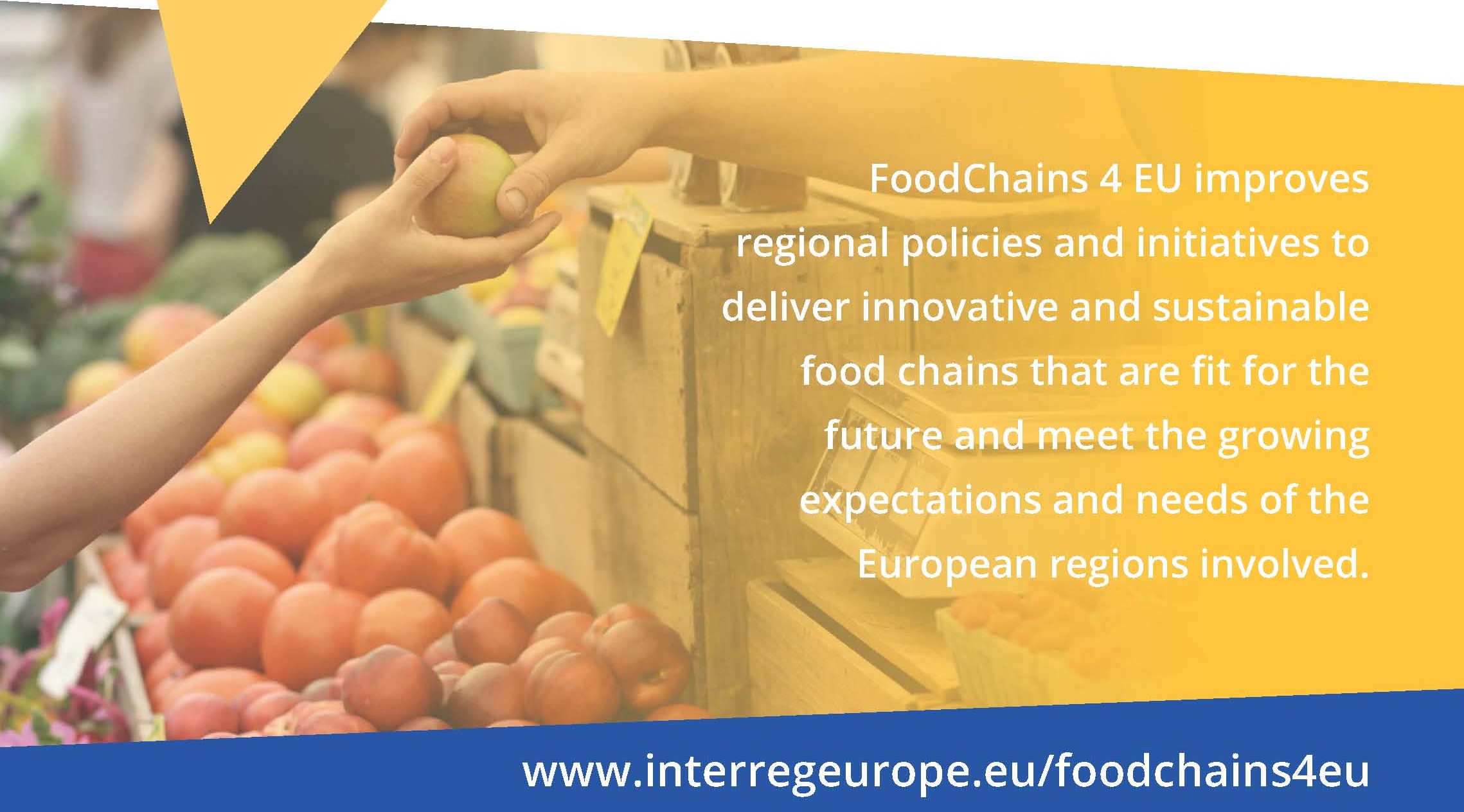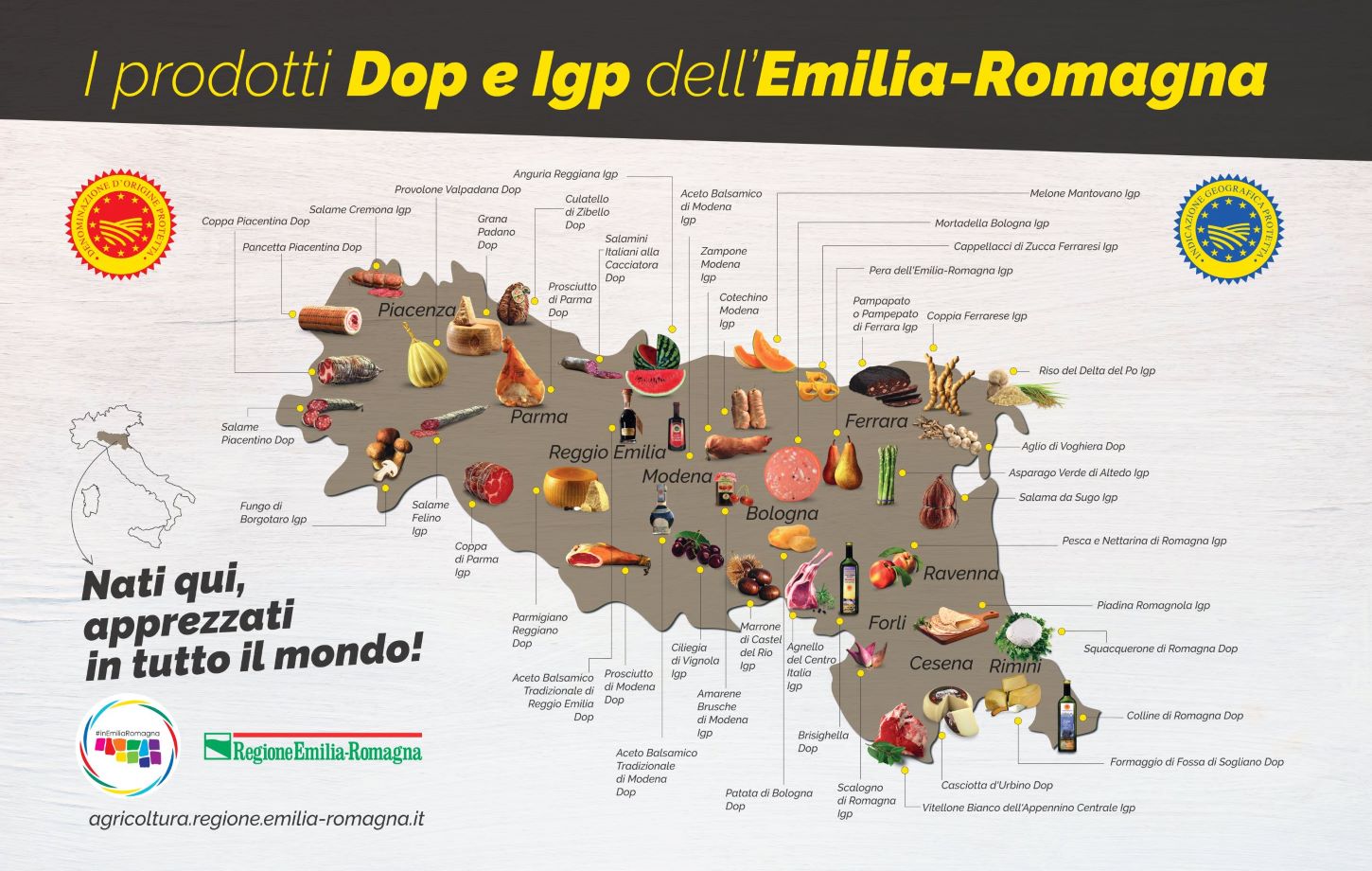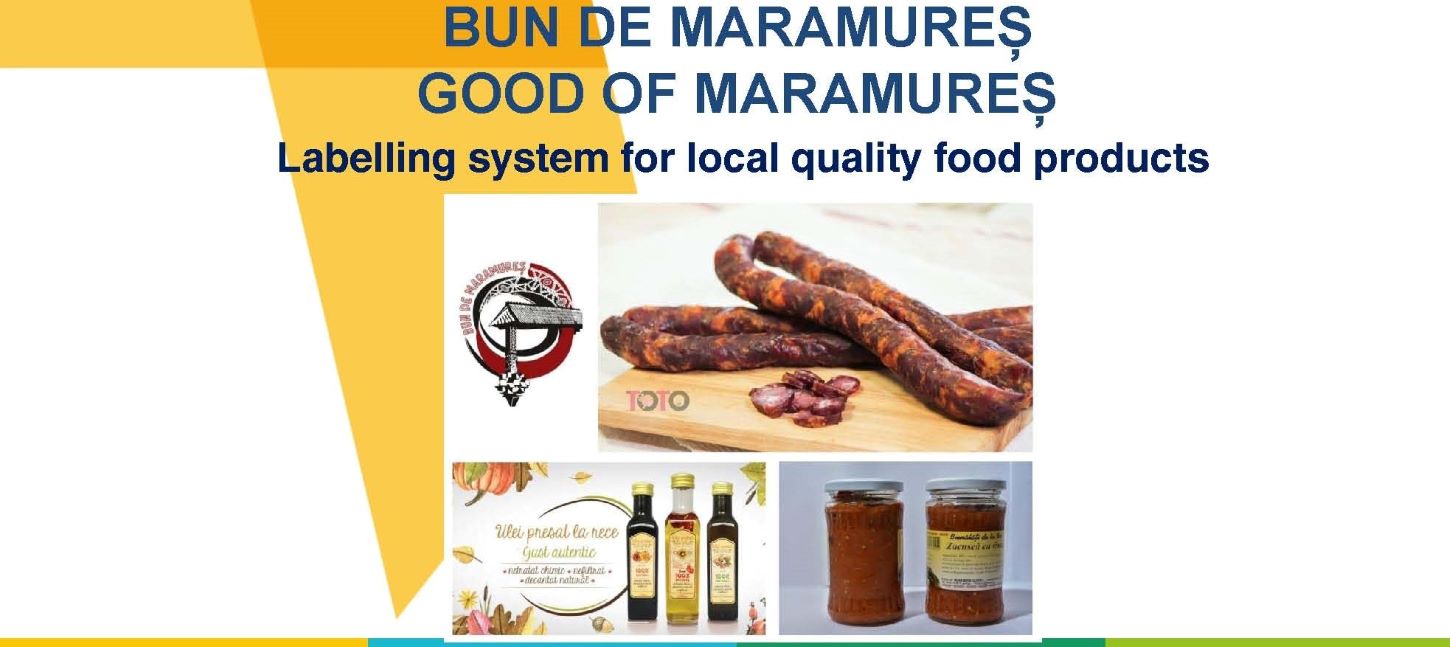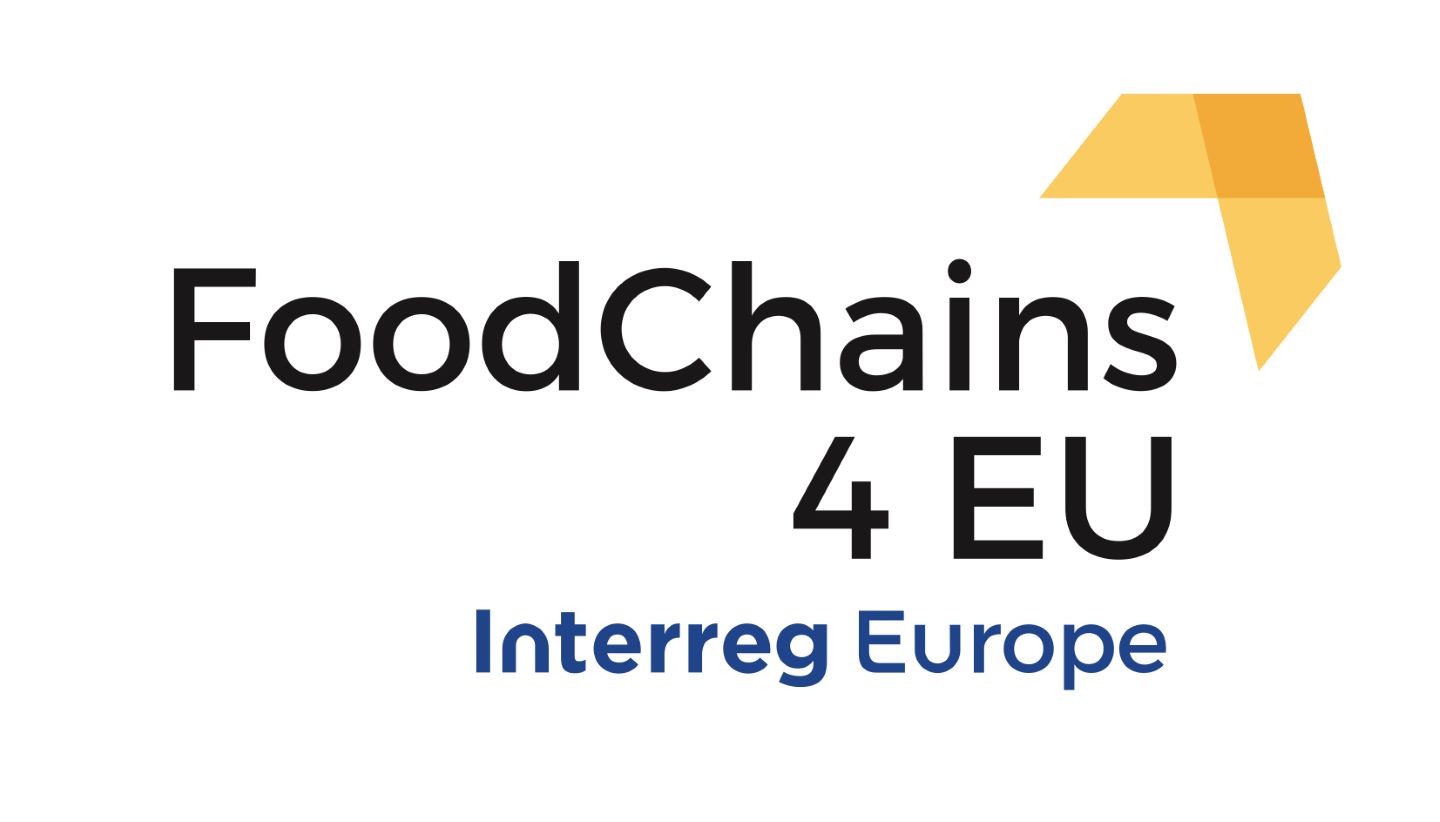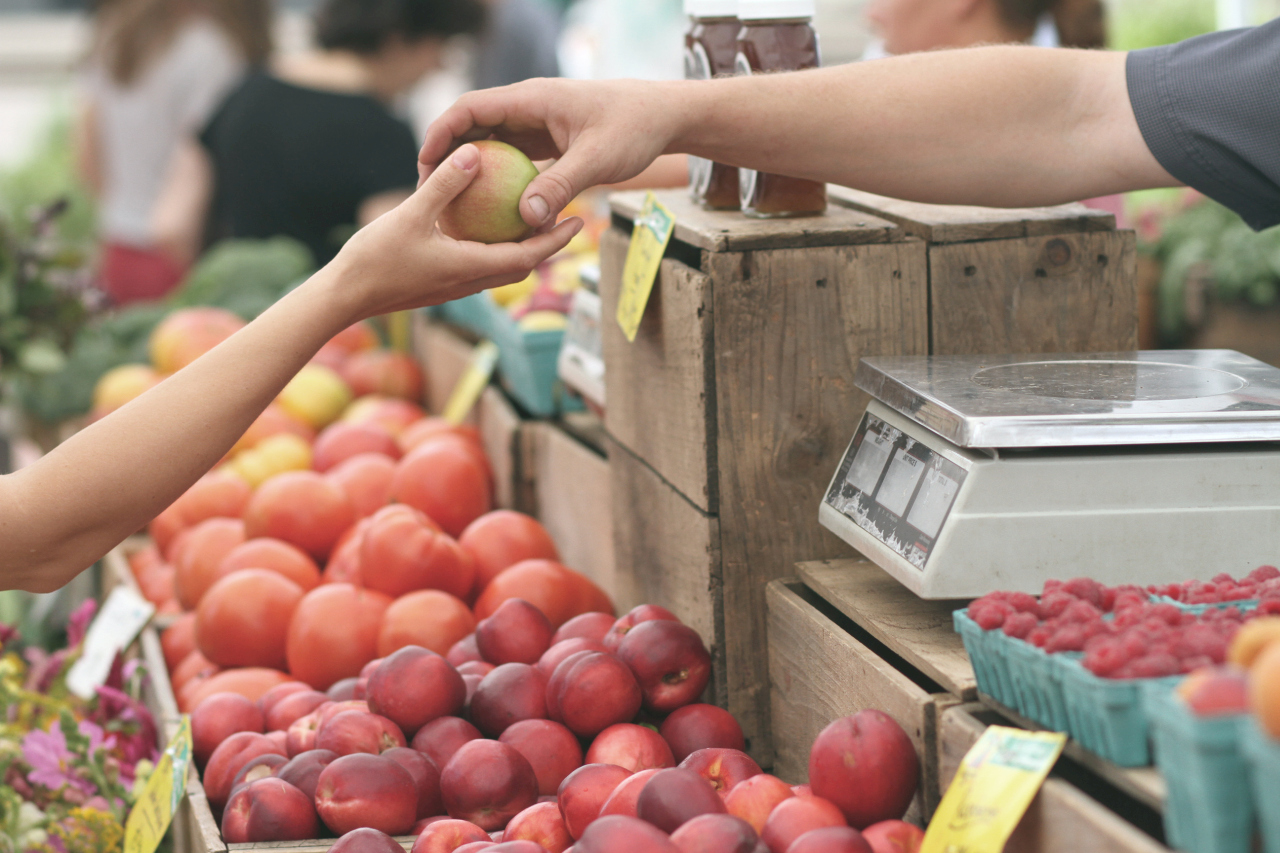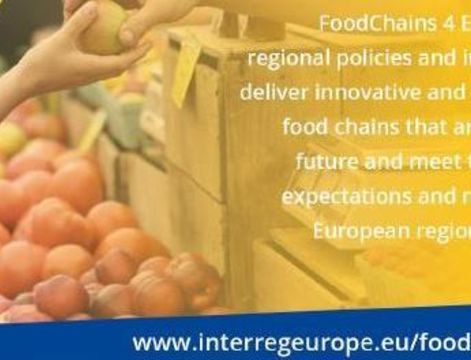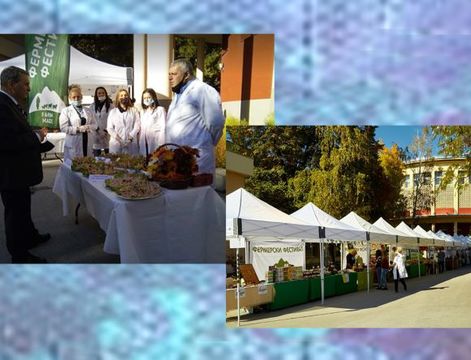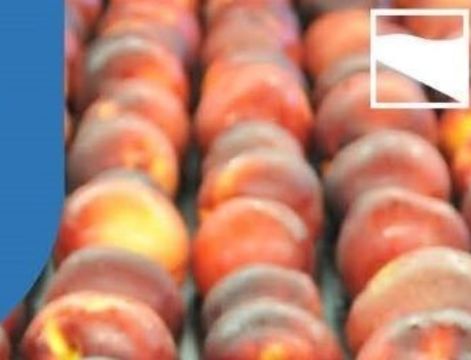The Environmental Sustainability Technical Assistance project funded by the British Environmental Agency and European Regional Development Fund, issued the FoodPrint report that stated some worrying statistics related to food consumption, waste and their impact on greenhouse gas (GHG) emissions. Every year the UK population of 63 million people consumes around 34 million tonnes of food and drink, with an additional 9.3 million tonnes purchased but wasted. Consumption of food by the UK population is responsible for emissions of 150 million tonnes CO2 every year.
Consequently, reducing food waste has become a priority of the Good Food Greater Manchester partnership and the Sustainable Food Vision for Greater Manchester, but, still this issue is not reflected in the Greater Manchester strategy.
Similar to food poverty, the issue of food waste in Greater Manchester is being driven into the public focus predominantly by third sector organisations. In particular, a number of charities and social enterprises in Greater Manchester collect consumable surplus food and redistribute it to organisations to feed people in need.
A good practice example in this area, is the FareShare Greater Manchester, launched in October 2008 to support communities in the city-region in addressing food poverty and food waste. It is the result of a struggle against food waste, started at national level by Crisis FareShare in the 1990’s. They represent the UK’s longest running food redistribution charity, and over the years they opened 21 regional centres that now manage to redistribute enough food for 28.6 million meals per year. In Greater Manchester area, they were able to redistribute edible surplus food to over 226 charities and community groups.
The host region would like to investigate how to specifically address food waste in regional strategies by enhancing the wide implications of food waste on the entire supply chain.
